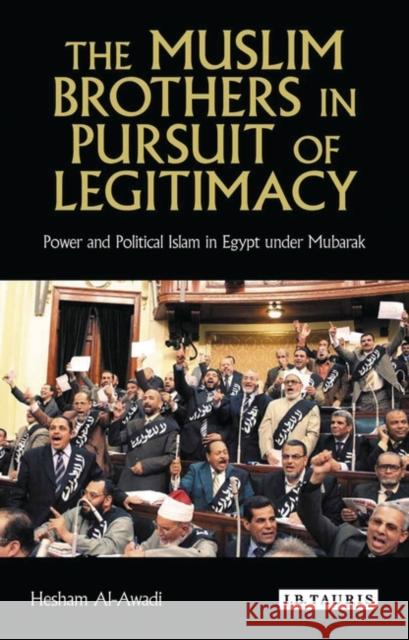In Pursuit of Legitimacy: The Muslim Brothers and Mubarak, 1982-2000 » książka
In Pursuit of Legitimacy: The Muslim Brothers and Mubarak, 1982-2000
ISBN-13: 9781850436324 / Angielski / Twarda / 2004 / 262 str.
Hesham Al-Awadi argues that the growing impact of the Muslim Brotherhood on Egyptian politics and society is part of the movement's struggle to gain official legitimacy since its ban in 1954. The movement's remarkable presence in syndicates, student unions, investment companies and parliament was the outcome of its highly organized structure, consolidated during the earlier years of President Mubarak. Although the Brotherhood failed to secure the recognition of the state, they did secure a degree of informal legitimacy, based on their services to middle class beneficiaries. This ""social"" legitimacy was soon employed politically against the regime as Mubarak, haunted by the sudden rise of Islamists in Algeria and his failure to legitimate his leadership, was impelled to revoke his policies in the nineties.











